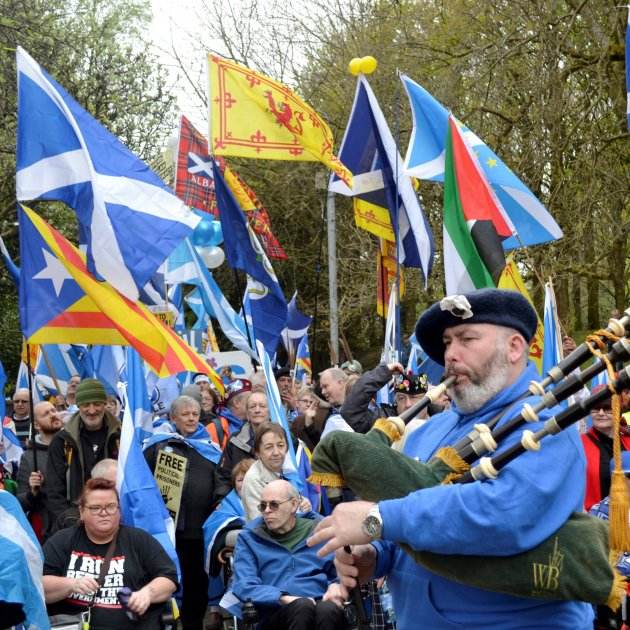The Spanish deputy prime minister, Carmen Calvo, has repeated the government's refusal to discuss holding a self-determination referendum in Catalonia, saying that the right to self-determination is not anticipated "in any of the democracies Spain compares itself to". Trying to defend this claim, she says that "there was no agreed-upon referendum" in Scotland. On 18th September 2014, Scotland held a binding referendum on independence from the UK following the 2012 Edinburgh Agreement between the Scotland and Westminster governments.
In an interview with El Món a Rac1, Calvo said that "the situation got out of hand" for then prime minister David Cameron, and that it then got even worse for him allowing the Brexit referendum.
The deputy prime minister, who rejected any parallels between Catalonia and Scotland or Quebec, also said that requests for referendums have recently been rejected for Texas (USA), Bavaria (Germany) and Padania (Italy). She insisted that the right to self-determination is only anticipated "for colonial processes" and that holding such a referendum would imply "the denial of the political entity we come from", in other words Spain.
"In no constitution of the democracies Spain compares itself with is there the possibility for rupture," she repeated. She also argued that nor is such a right explicitly stated in the 1978 Spanish Constitution, "approved by all and in Catalonia with a high percentage of 'yes' [votes]".
Calvo went further still, saying that the most important thing in a democracy is "respecting the rules" and that "a minority of two million in relation to the electorate of all Spaniards cannot break the rules".
As for Catalonia, she says there was no referendum here on 1st October 2017, but that "it got out of hand for PP".
